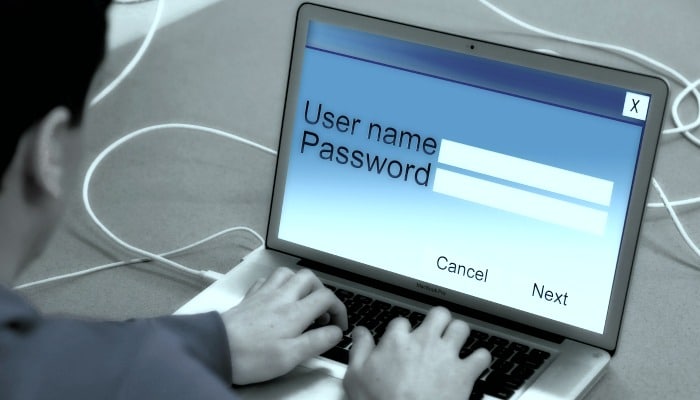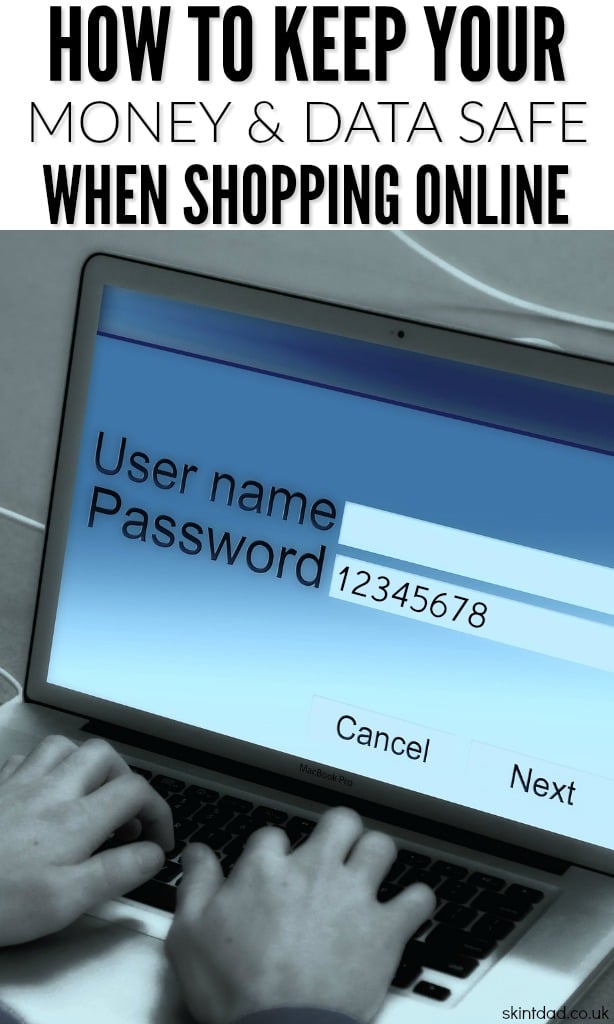With so many transactions taking place online everyday, keeping yourself financially safe from the risk of being defrauded whilst shopping on the World Wide Web has never been higher.
£10 sign up bonus: Earn easy cash by watching videos, playing games, and entering surveys.
Get a £10 sign up bonus when you join today.
Join Swagbucks here >>
And with reports of online fraud increasing year on year, if you’re not taking serious steps to ensure your details are safe, you really need to take stock and start doing something about it.
If you don’t believe me then check this out: over the Christmas period in 2014 there were 16,000 reports of people being defrauded online which was an increase of 42% from the same period in 2013. That’s a huge increase!
It’s not all doom and gloom though as there are steps you can take which, although won’t guarantee you 100% safety online, will make sure your details are as safe as they can possibly be.
Keep your devices updated
You know when you turn on your laptop and it pings to let you know there is an update and it’s really annoying because you just want to get on Facebook to see what your next door neighbour had for breakfast? Well I’m sorry but the update should take precedent in this situation.
Whether it’s a software update, or a bug that’s being fixed, having active anti-virus software is really going to help.
Some software can be quite expensive (but well worth it if you want to protect your data). However, you are able to download some anti-virus for free. Avast and AVG both offer free to download antivirus products if you’re budget can’t stretch to buying one.
Check the authenticity of the website
Websites may look fancy and all-singing, all-dancing but that doesn’t mean they are safe to use.
For websites where you are entering personal, sensitive data (like your bank details), you need to make sure that the site has an SSL certificate, which although might sound technical, is not as hard as it sounds. You would expect to see this on bank’s and retailer’s websites.
The SSL certificate simply encrypts and secures the connection between your browser and a web server. The most important thing is that it makes it harder for hackers to eavesdrop on your connection.
At the address bar in your internet browser, it should start with https, the letters will also be in green, there will be a padlock and the company’s legal name will be shown. If you click on the details, a pop up will say that the connection to the site is private.
Other websites start with http and do not have the same level of protection (they will not be private) so if you are going to be putting your bank details into a site without an SSL, you may want to think again.
Be on your guard at peak shopping times
There are some key times through the year when shoppers jump online to start buying. A number of years back it was for the Boxing Day sales but in the last few year, Black Friday and Cyber Monday sales have been massive.
Last year, £3.5 billion spent by online shoppers over the 4 day period from Black Friday to Cyber Monday! That is a huge amount of money! Problem is, if shoppers are all in one place, then hackers are also going to try to take advantage.
It’s at times like this when you need to be extra vigilant about the websites you are using or the links you are clicking in emails to make sure they are who they say they are.
Always use strong passwords
I’m slightly surprised when I’ve heard some of the passwords that have been used in the past! Not only are some of these passwords easy to guess, they are some of the most used in the world!
Avoid the likes of “password”, “12345678”, “football”, “1qaz2wsx” and “welcome”, which year after year make it to the top list of passwords that are being used (and should be stopped!).
Instead, try to combine two or more words, combine letters and numbers, characters and upper and lower case. These types of passwords are not easy to remember off the top of your head
It is also worthwhile changing your passwords every few months for a bit of extra protection.
::
If you found these tips and video helpful, head over to YouTube and check out NatWest’s Money Clip Minute series which cover a range of topics such as train and flight delay compensation, online dating scams and falling energy prices.
Written in collaboration with NatWest


